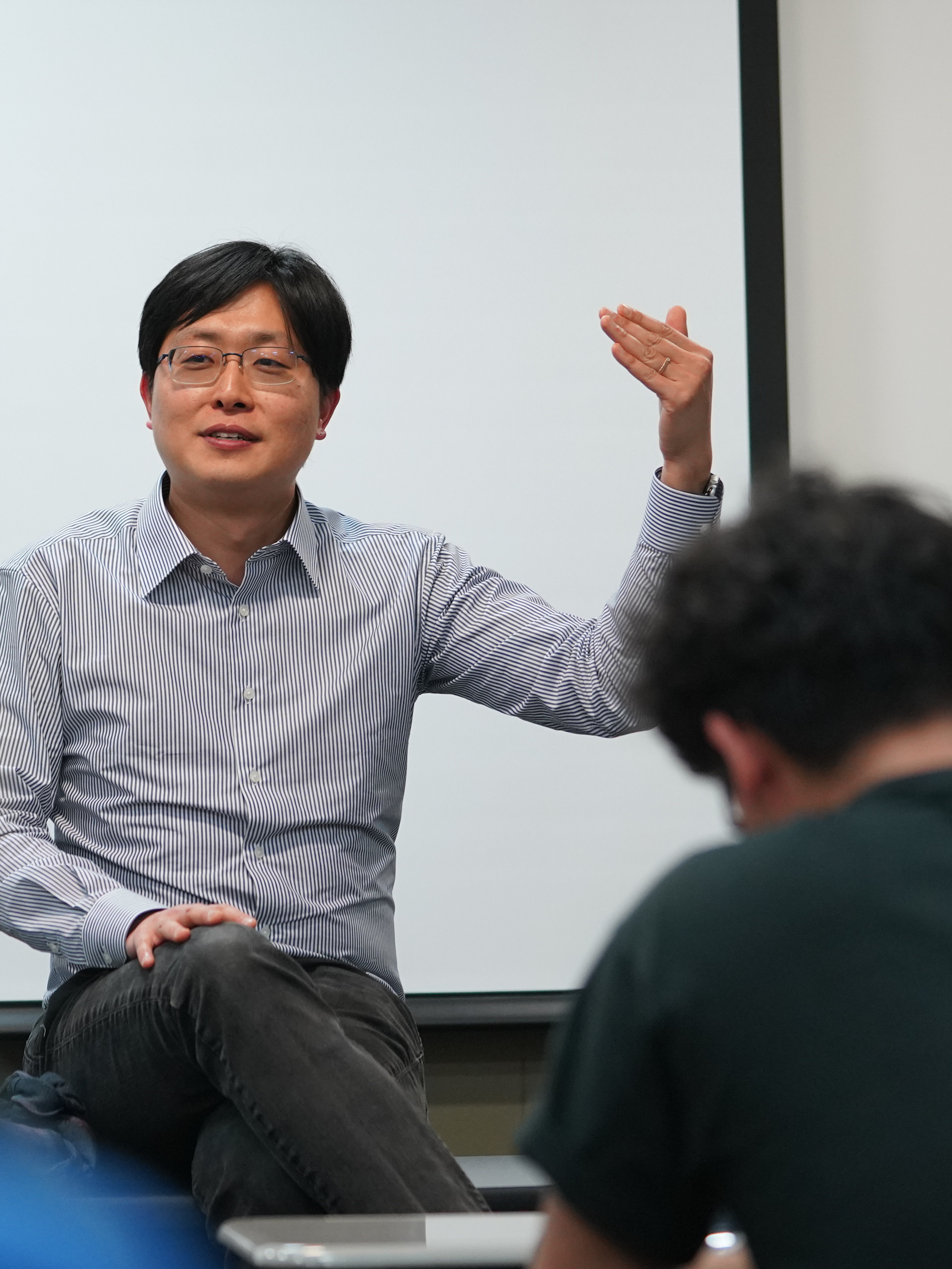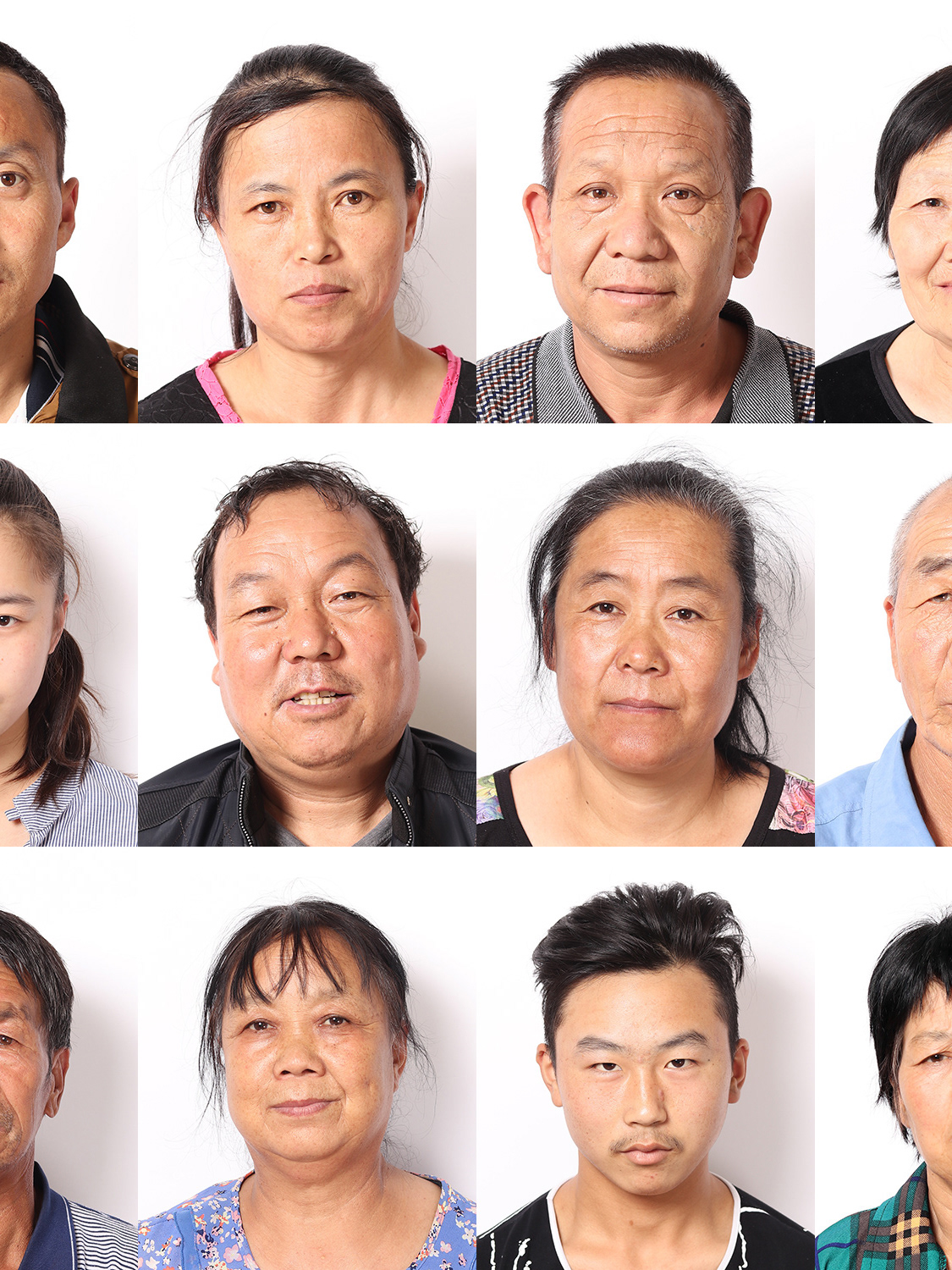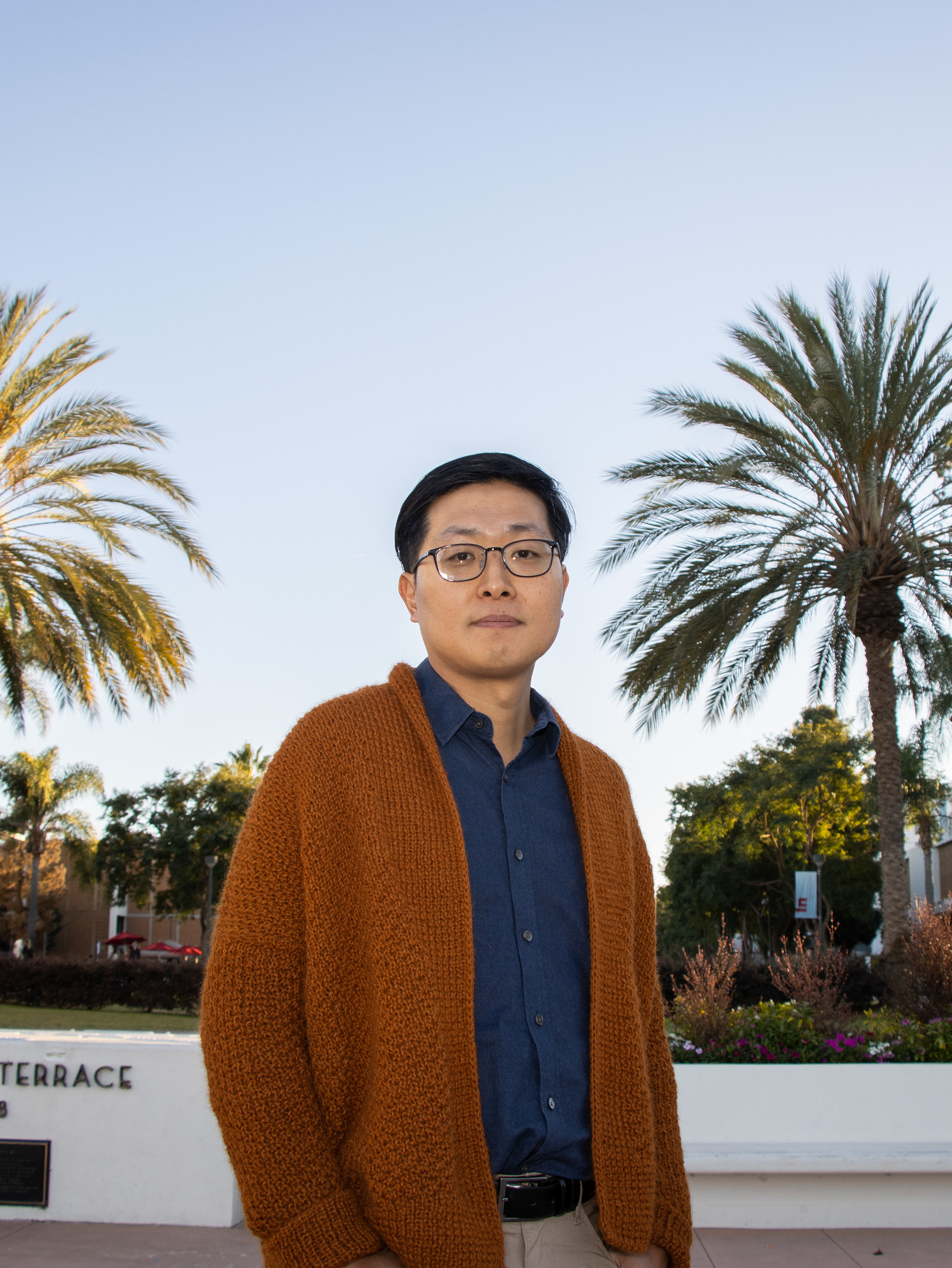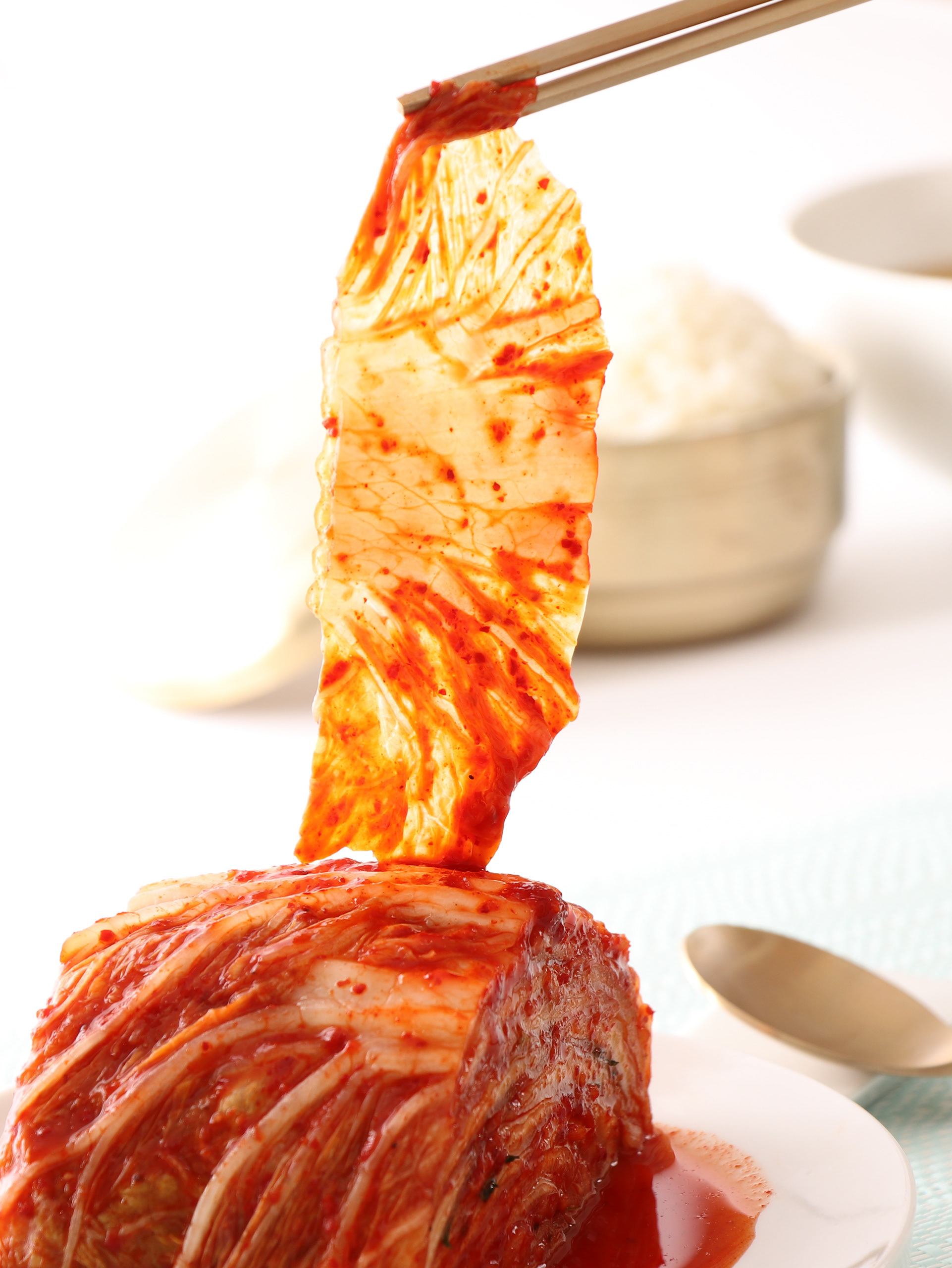Invited Lectures
Pride and Precarity: The Scales of Imagination in South Korean Kimchi Nationalism
Feb 27, 2025, University of Califoria Irvine
What is “Korea” in Korean Kimchi? Diasporic Conditions of Korean-Chinese (and) Kimchi Business
Oct 25, 2024, George Washington University
Designing Kimchi: Semiotic, Aesthetic, and Logistical Making of "Koreanness" in China
BK 21 Special Lecture, Graduate School of International Studies
Dec 2, 2022, Seoul National University (Virtual)
Designing Kimchi: Semiotic, Aesthetic, and Logistical Making of "Koreanness" in China
Mauss Proseminar, Institute of Social Anthropology
Nov 17, 2022, Nanjing University (Virtual)
An Ethnographer's Guide to Making Korean Kimchi in China
China Studies Forum
Nov 17, 2022, Loyola Marymount University
Economic Growth and Environment in China
International Education Week 2019 Program
Nov 18, 2019, Oakton Community College
Past and Future Presentations (manuscripts available upon request)
Not T’ojong but Still “Korean”: Transnational Assemblages and
Nationalist Appropriation in the Making of Baechu
Will be Presented at Association for Asian Studies Annual Conference
Columbus, Ohio; Mar 13-6, 2025 (English)
Designing Kimchi: Semiotic, Aesthetic, and Logistical Making
of Koreanness in a Kimchi Company in China
International Conference: The Anthropocene Epoch, The Cultural Response of Local Communities
Co-hosted by Andong National University and Kyongpook National University
Andong, South Korea (virtual); Jan 26, 2024 (Korean)
The Making of Global Koreanness: Nationalist Narratives on “Korean” Kimchi in South Korea
American Anthropological Association & Canadian Anthropology Society Annual Meeting
Toronto, Canada; Nov 15, 2023 (English)
Reordering Order: Logistics’ Multifaceted Manifestations in Kimchi Supply Chains
Society for Social Studies of Science Annual Meeting
Honolulu, Hawaii; Nov 9, 2023 (English)
(De)Valuing Nations: Boycotts and the Reconfiguration of "Korean"
Commodities in the Chinese Consumer Markets
Society for Economic Anthropology 42nd Annual Meeting
June 1-3, 2022, Copenhagen Business School, Denmark
Reimagining ‘Korea': The Topography of ‘Korea' in Korean Kimchi,
Korean-Chinese, and Qingdao Koreatowns
East Asia: Transregional Histories Workshop,
The University of Chicago, October 28, 2021 (English)
Designing Kimchi: Cycles of Reflection and Speculation in the Making of “Korean” Kimchi
Semiotics: Culture in Context Workshop
The University of Chicago, January 9, 2020 (English)
Designing Kimchi: Desire, Imagination, and Nationality in Product Design
American Anthropological Association & Canadian Anthropology Society Annual Meeting
Vancouver, BC, Canada, November 20, 2019 (English)
‘It Works because it Works Badly’: Meaning of Business Trip in Sino-Korean Food Trade
East Asia Workshop: Politics, Economy, and Society,
The University of Chicago, November 14, 2014 (English)
A Reflection on Translocal Connections: Reassembling a Chinese Rural Village
Semiannual Meeting of the Korean Society for Cultural Anthropology
Seoul, Republic of Korea, November 26, 2011 (Korean)
Is National Cuisine an Inalienable Possession?: Crises and Controversies
over the Nationality of Kimchi in the Republic of Korea, 1994-2010
Society for East Asian Anthropology (SEAA) Conference,
Jeonju, Republic of Korea, August 2, 2011 (English)






